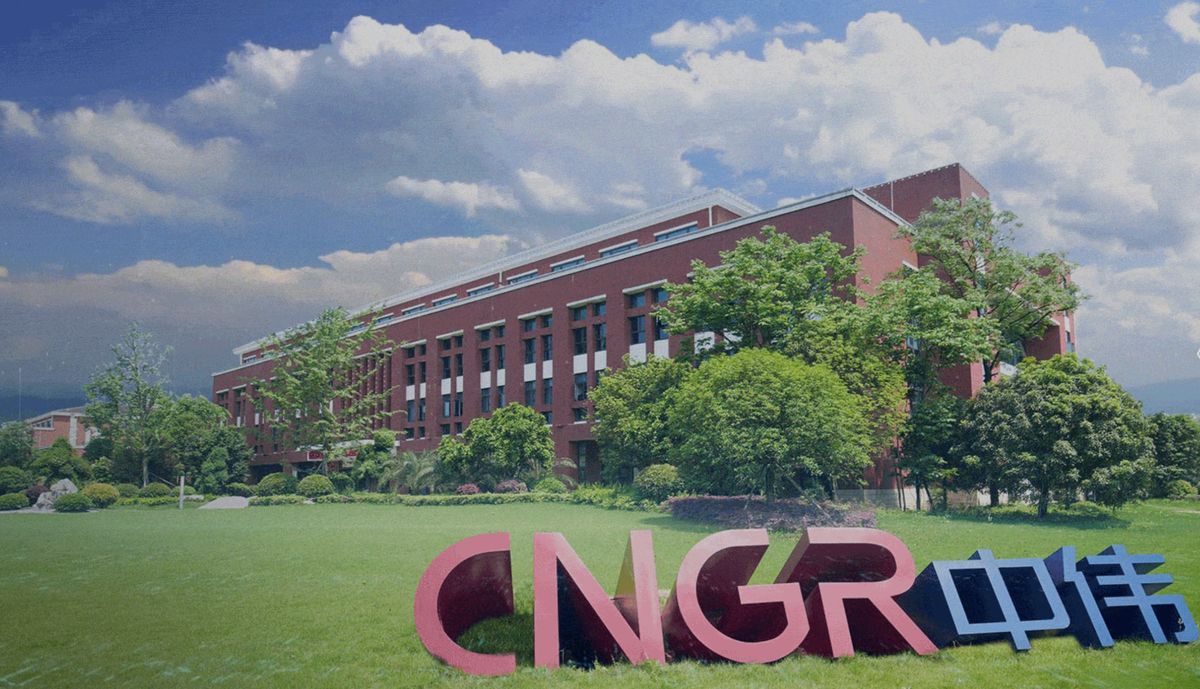China Develops Moroccan Battery Industry to Tap Into Western EV Market

The Lede: This week, a couple of Chinese battery materials companies have announced investments and projects in Morocco as part of a strategy to supply the U.S. and European electric vehicle battery markets. This comes as Western governments have been increasingly scrutinizing Chinese EV supply chains.
What We Know:
- Last week, China’s CNGR Advanced Material announced that it planned to build a cathode materials plant in Morocco. CNGR will jointly invest in the project with Al Mada, a conglomerate owned by the Moroccan royal family. The plant is projected to generate enough battery material for 1 million EVs a year. CNGR’s investment announced a $2 billion investment in Morocco.
- On Sunday, South Korea’s LG Chem and China’s Huayou Cobalt announced that they would be building a lithium refinery and cathode materials plant in Morocco. In a separate statement, Huayou said that it intended to build plants with LG Chem in both Indonesia and Morocco. The LG-Huayou plant is set to start production in 2026 with plans to produce 50,000 tons of lithium-phosphate-iron (LFP) cathode materials annually, which can supply 500,000 entry-class EVs.
- Morocco is seen as a country where such a plant can be quickly built in contrast with lengthy permitting processes elsewhere. The north African country is also seen as a bridge for Chinese companies to access the U.S. and European markets amid heightened sensitivities in the EV and battery industries.
The Background: As a U.S. free trade partner, Morocco's raw materials count towards sourcing requirements for EVs sold in the U.S. for eligibility to receive subsidies under President Biden’s Inflation Reduction Act (IRA). The IRA requires at least 40 percent of the value of critical minerals used in an auto battery to be sourced from the U.S. or a free trade partner. Morocco possesses 70 percent of the world’s reserves of phosphate, an important input for cheaper, lower-range batteries which China dominates in global production. CNGR is the world’s largest supplier of nickel-based cathodes, which are vital to current EV batteries. The company holds 23 percent of the global market share for that component. Tesla, CATL, and LG Chem are major customers of CNGR. Chinese companies have been facing the risk of U.S. and EU curbs. Lawmakers in the U.S. are investigating Ford’s proposal to license technology from China’s CATL for a plant in Michigan. Earlier this month, the EU launched an anti-subsidy probe into Chinese EV companies.
Likely Outcomes:
- Morocco’s deals in this case demonstrate the path that many countries are likely to take in the increasingly multi-polar world order. With advantageous ties to both the U.S. and Europe and no particular gripe with China, Morocco is well-positioned to benefit from the deterioration and shift in ties between China and the West as an intermediary country for this particular sector. There may also be other industries where Morocco is suited to play this role.
- As other countries that do not fully align with either the West or China pursue a middle path and play both sides in the polarizing world, the U.S. and other Western countries will find themselves constantly scrutinizing trade relations to maintain the curbs on supply chains that have been forming in recent years. Western countries will then have to enforce a myriad of measures in relation to these countries in order to manage the ‘de-risking’ path, which may become increasingly difficult to keep up with as countries pivot to benefit from the geopolitical conditions.
Quotables:
“Being Chinese means being flexible. It takes much more time to get something going in Europe. The context of the U.S. plays a role because of the tension which we have in the game today between China and the U.S., so it’s de-risking if you don’t go directly to the U.S.” – Thorsten Lahrs, chief executive of CNGR Europe
Good Reads:
Chinese battery groups invest in Morocco to serve western markets (FT)
LG Chem with China's Huayou to make battery materials in Indonesia, Morocco (Reuters)
